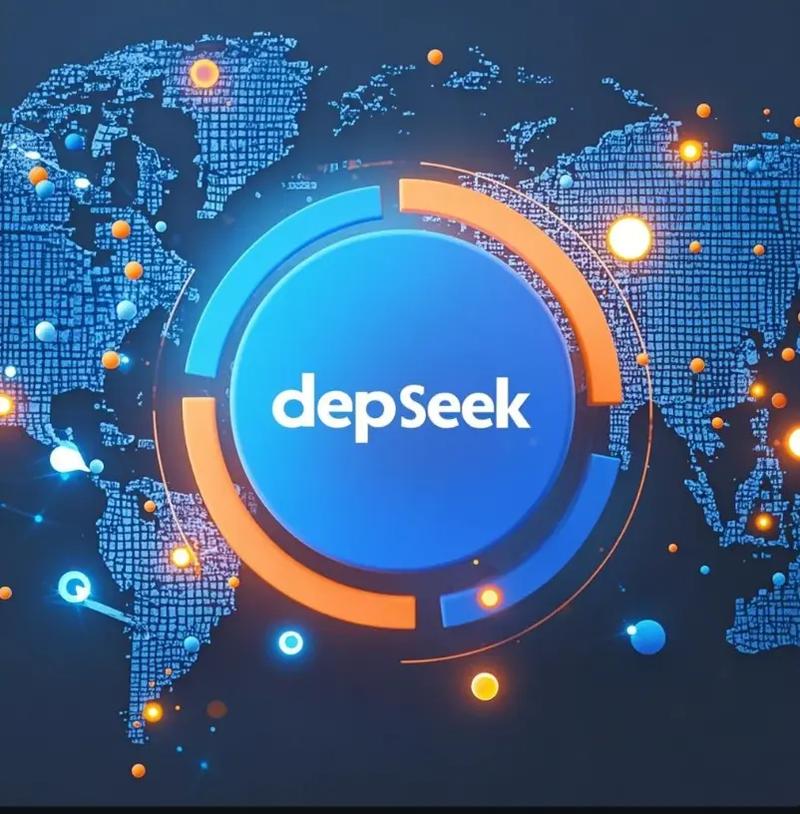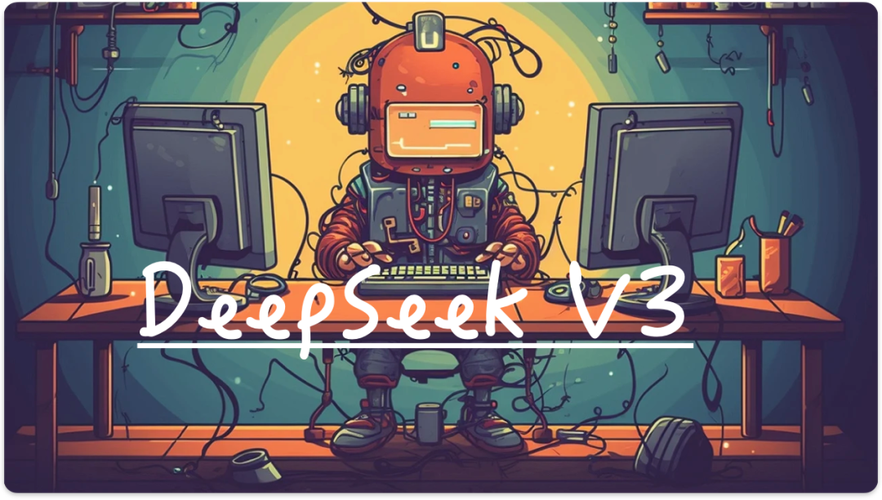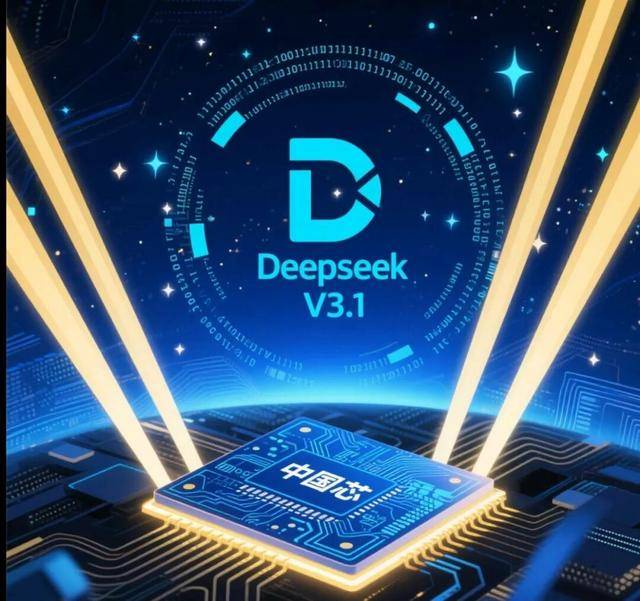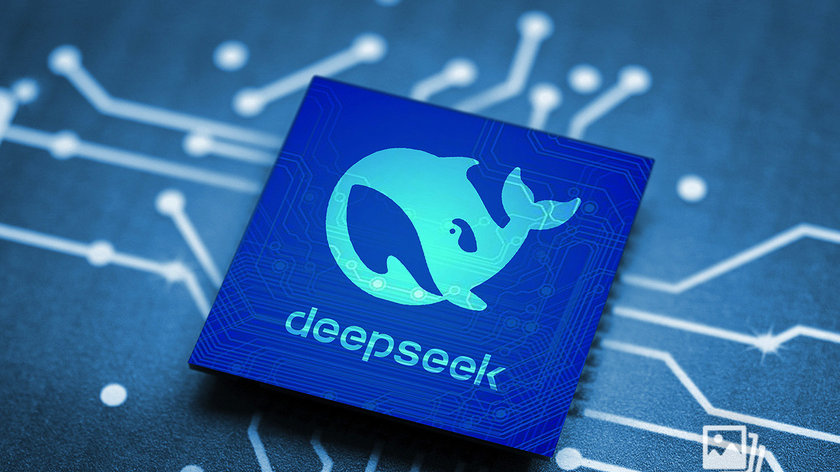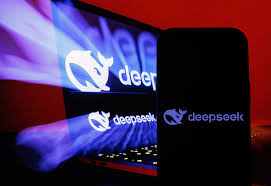Macron Reacts to DeepSeek: "No Plan to Ban Chinese AI" | Firstpost-France TV Exclusive | N18G
Introduction
In a landmark interview aired on Firstpost and France TV, French President Emmanuel Macron made headlines with his statement that "there is no plan to ban Chinese AI technologies like DeepSeek in France or the EU." Amid growing international concern over the rise of China’s AI capabilities, especially with the explosive popularity of DeepSeek V3, Macron's remarks signal a deliberate departure from the more cautious or restrictive stances seen in the United States and some other Western nations.
This article explores the geopolitical, economic, and technological implications of Macron’s comments and examines what they reveal about Europe’s broader approach to artificial intelligence in 2025.
Background: DeepSeek's Rapid Rise
DeepSeek, the Chinese open-source AI model known for its Mixture-of-Experts (MoE) architecture and low-cost API offerings, has recently overtaken Western alternatives in several key areas:
-
Top downloaded AI app on iOS in Europe and Asia
-
Leading in multilingual NLP accuracy
-
Cheapest enterprise-scale inference engine globally
This success has caused concern in U.S. policy circles, with some calling for export bans or restrictions on Chinese AI APIs. France, however, appears to be taking a more nuanced approach.
Macron’s Statement: "We Must Not Close the Door to Innovation"
During the exclusive interview, President Macron stated:
"While we are vigilant about digital sovereignty and data security, we must not close the door to innovation simply because it comes from China. DeepSeek is impressive, and it opens new possibilities for Europe’s AI ambitions."
Key Points from Macron’s Interview:
-
No blanket AI ban planned
-
Calls for open standards and interoperable AI ecosystems
-
Encouragement of European developers to experiment with global models
-
Commitment to transparent AI regulation over protectionist policies
This approach aligns with Macron’s long-held belief in "strategic autonomy" — the idea that Europe should develop its own capabilities while engaging constructively with global powers.
Europe’s Strategic Position on AI
1. Digital Sovereignty vs Openness
The EU has walked a tightrope between fostering open digital ecosystems and defending against foreign influence. Macron’s stance suggests that:
-
European nations are not ready to replicate the U.S. model of AI sanctions
-
Instead, they favor regulation over exclusion
2. AI Act and Global Compliance
The EU AI Act, passed in 2024, regulates the use of high-risk AI systems but doesn’t prohibit the use of models from specific countries. Macron emphasized:
-
DeepSeek must comply with the AI Act
-
Developers using it must ensure data privacy and traceability
Economic Implications
1. Access to Affordable AI
DeepSeek’s cost structure is reshaping Europe’s AI economy:
-
Startups in France, Spain, and Eastern Europe are switching from GPT-4 and Claude to DeepSeek
-
Monthly cost savings exceed 90% for many users
2. Industrial Competitiveness
French industrial players, especially in logistics, finance, and health, are testing DeepSeek for:
-
Document summarization
-
Customer support automation
-
Internal knowledge base building
Macron’s endorsement opens the door for further integration of DeepSeek in enterprise workflows.
Security and Ethical Concerns
1. Data Privacy
While France doesn’t plan to ban DeepSeek, Macron acknowledged the need for vigilance:
-
All AI APIs, regardless of origin, must operate under GDPR
-
French companies must avoid offloading sensitive data to unsecured endpoints
2. Misinformation and Model Alignment
Some critics fear that Chinese AI models may reflect state-aligned biases. Macron responded:
"Bias is a problem across all AI — not just Chinese models. That’s why we must invest in red-teaming and multilingual auditing tools."
This signals a preference for open testing and transparency over default suspicion.
DeepSeek’s Position in France and Europe
Popularity Metrics
-
Ranked #1 in AI category of the App Store (France, May 2025)
-
Over 2.5M downloads in the EU
-
Integrated into several French university labs and incubators
Institutional Adoption
-
CNRS (Centre national de la recherche scientifique) is piloting DeepSeek V3 for research text mining
-
French Ministry of Health is evaluating DeepSeek-based copilots for administrative automation
Global Reactions
U.S. Response
-
Concern over Europe’s openness to Chinese AI
-
Ongoing discussions about aligning with allies on AI risk management
China’s Response
-
Praised Macron’s leadership in supporting fair AI access
-
Invited European researchers to participate in DeepSeek open-source collaborations
Tech Industry Response
-
Hugging Face founder: "This is how global AI should be — not just a race, but a collaborative frontier."
-
Stability AI CTO: "Macron gets it. Europe can lead by integrating, not isolating."
The Road Ahead
What This Means for Developers
If you're a developer or AI researcher in Europe:
-
You can freely use DeepSeek as long as your use case complies with the EU AI Act
-
Expect to see more European DeepSeek forks and LoRA fine-tuned variants
-
Opportunities for collaboration with Chinese labs may expand
Potential Policy Directions
-
Development of an EU-wide open model registry (including DeepSeek)
-
Funding for multilingual safety evaluations
-
Incentives for enterprises that adopt AI responsibly — regardless of origin
Conclusion
President Macron’s statement that France has "no plan to ban Chinese AI" marks a significant moment in the global AI discourse. Rather than fueling a digital cold war, France — and potentially the EU — is choosing a more pragmatic, open, and regulated approach.
By encouraging the responsible use of DeepSeek, Macron is positioning Europe as a place where innovation, sovereignty, and global collaboration can coexist. It remains to be seen whether other countries will follow suit or double down on isolationist policies.
DeepSeek may have started in China, but its future could be built in Europe.
Let us know if you'd like a French version of this article or a briefing summary for policymakers.

